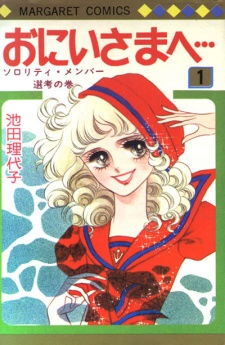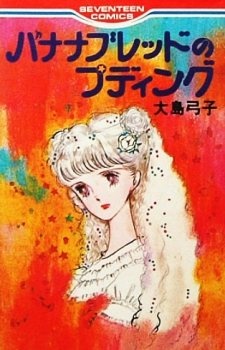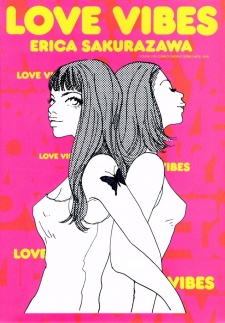Dec 24, 2023
Let me just begin by saying: wow. “Moonlight Flowers” is probably the most devastating media I’ve interacted with since the movie “Requiem for a Dream”, and this devastation is driven home by uncomfortably true to life examples of misogynist and homophobic violence. I must concede, “Moonlight Flowers” is ultimately a hopeful story of two women who are able to express love for one another even within the context of a world not built to accommodate their or any woman’s realities, but the pages the book takes to reach that hope are a grave and difficult read made more difficult by the fact that it reflects
...
the realities of many people today who have experienced compulsive heterosexuality and interpersonal abuse. Unusual for the Yuri I’ve read so far, this story is very forward and obvious about the points it’s trying to make, often giving space for tangential dialogue that explores the intimate details of what it’s like to come to terms with being gay and what it means to be a woman in the modern world. As someone who is accustomed to more reserved storytelling in this genre, I actually found the bluntness quite refreshing regardless of whether it was indicative of a stronger or weaker writing style, and in the context of so devastating a story I think celebrating the reality of coming out to one’s self was a much needed reprieve.
One aspect of “Moonlight Flowers” that surprised me was an unusually nuanced analysis of mens’ role in patriarchy. The main man in the story is in many ways despicable, he is unfaithful, he doesn’t put in the work to understand the emotional turmoil of his wife, he threatens and enacts homophobic violence, and ultimately he participates in both the active and passive rape of the woman he claims to love. All this being the case, I really did believe in the emotional turmoil he was experiencing of his wife slowly pulling away. The husband undoubtedly benefits from patriarchal and homophobic systematic violence and wields this violence directly against our protagonist who is on the receiving end of this violence, but he is also harmed by the existence of heteropatriarchy and for much of the story is not much more complicit than the average man. Despite being a despicable man, the husband really does want a loving marriage, and it isn’t his fault that she lives in a world that pushed her to get married to someone she is incapable of being attracted to. For this reason the compassion towards the husband at the end of the story really fascinated me. It goes without saying that the main lesbian couple suffer most in this story, and I don’t want to brush that under the table, but I think it was important to point out that heteropatriarchy harms all, and that the heterosexual ideal of what love and marriage should be is damaging people left and right, something I know to have been true when this manga was published and true now.
If you can stomach a story that deals with intimate experiences of misogyny and homophobia, specifically within the context of an abusive relationship, then I think this story will fascinate, move, and possibly even vindicate you. “Moonlight Flowers” is an extremely important narrative that I am surprised to have only just learned about.
Reviewer’s Rating: 9
What did you think of this review?
Nice
 0
0
Love it
 0
0
Funny
 0
0
Confusing
 0
0
Well-written
 0
0
Creative
 0
0Show all



























